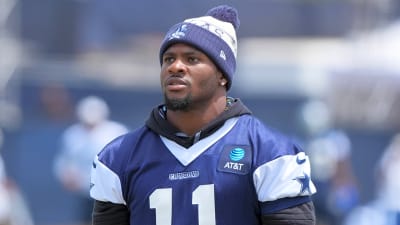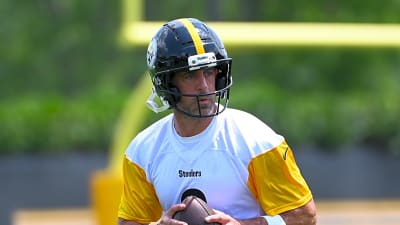
There’s a question that no one seems to be asking about the situation with the rift between Vancouver Canucks stars J.T. Miller and Elias Pettersson. Are head coach Rick Tocchet and team captain Quinn Hughes in over their heads dealing with Miller and Pettersson?
Managing the dynamics of a professional hockey team is no easy task, especially when it involves two of its most important players. Balancing personalities and relationships presents a significant challenge. Recent rumors of tension between the Canucks’ J.T. Miller and Elias Pettersson have fueled widespread speculation. However, one aspect that hasn’t been widely discussed is whether head coach Rick Tocchet and young captain Quinn Hughes possess the leadership skills necessary to address and resolve the situation effectively.
But rather than pointing fingers, it’s worth exploring just how complex this scenario is — and why even skilled leaders might struggle to keep the peace.
The depth of the Canucks challenge
When two key players on a team don’t get along for one reason or another, the ripple effect touches every aspect of the organization. Miller is known for his fiery, outspoken personality. On the other hand, Pettersson is more reserved and reportedly sensitive to criticism. These contrasting temperaments, combined with the pressures of high expectations, can make finding common ground incredibly difficult. Even for Tocchet and Hughes — both highly capable at what they do — the situation underscores how deep the issue runs.
Head coach Rick Tocchet’s role
Tocchet is widely regarded as a no-nonsense coach who isn’t afraid to tackle issues head-on. His reputation as a communicator and motivator suggests he should be able to address interpersonal conflicts. However, managing a locker room with strong personalities like Miller’s and Pettersson’s requires more than an in-your-face engagement. It demands a nuanced approach that adapts to each player’s needs.
Tocchet’s direct style might resonate more with Miller, leaving Pettersson feeling alone. If so, that only exacerbates the problem. Does it add fuel to any fire that Pettersson might feel alienated or misunderstood? Where does the Canucks GM Patrik Allvin fit into the situation? He’s Swedish, which makes him more culturally akin to Pettersson. It’s potentially complex if you think about it.
Captain Quinn Hughes’ role
At 24, Hughes is one of the youngest captains in the NHL. He’s already proved himself to be an exceptional leader on the ice. However, stepping into the role of a captain often means mediating disputes between teammates, especially veterans like Miller and Pettersson. Here’s where Hughes might have an issue. Establishing his voice in the locker room is no easy task for someone so young as a leader.
Hughes’ youth might make it harder for him to assert authority with older players who have been team leaders in their own right. However, he might also be able to connect better with both sides. He sure is closer in age to Pettersson and Miller than Tocchet is. This age relationship could also be an advantage. While this situation represents an opportunity for Hughes to grow into his leadership role, this is challenging.
Learning how to navigate interpersonal challenges while focusing on the team’s broader goals is tough for a 24-year-old. You must be a special person with wisdom past your age to pull the situation off.
What all this says about the Canucks situation
If Tocchet and Hughes are respected in their respective roles and still struggling to manage the rift between Miller and Pettersson, this situation has to be complicated. My point is that what’s happening speaks to the complexity of the issue rather than their capabilities. Personality clashes, especially professionally, are rarely simple to resolve. The pressure to win games, maintain locker-room harmony, and manage individual expectations can make these situations almost insurmountable.
Ultimately, keeping Miller and Pettersson on the team is worth the effort. Both are important to the Canucks’ success. The process may be challenging, but it’s also a chance for Tocchet, Hughes, and the entire organization to strengthen its culture and unity in the face of adversity. If they can navigate this storm (and a storm it seems to be), the Canucks will emerge stronger — not just as a team, but as “a family” who found a way to come together when it mattered.
More must-reads:
- Ex-Canuck warned J.T. Miller about Elias Pettersson personality clash issue
- Who has the most hat tricks for every NHL franchise?
- The 'NHL career points leaders' quiz
Breaking News
Trending News
Customize Your Newsletter
 +
+
Get the latest news and rumors, customized to your favorite sports and teams. Emailed daily. Always free!








